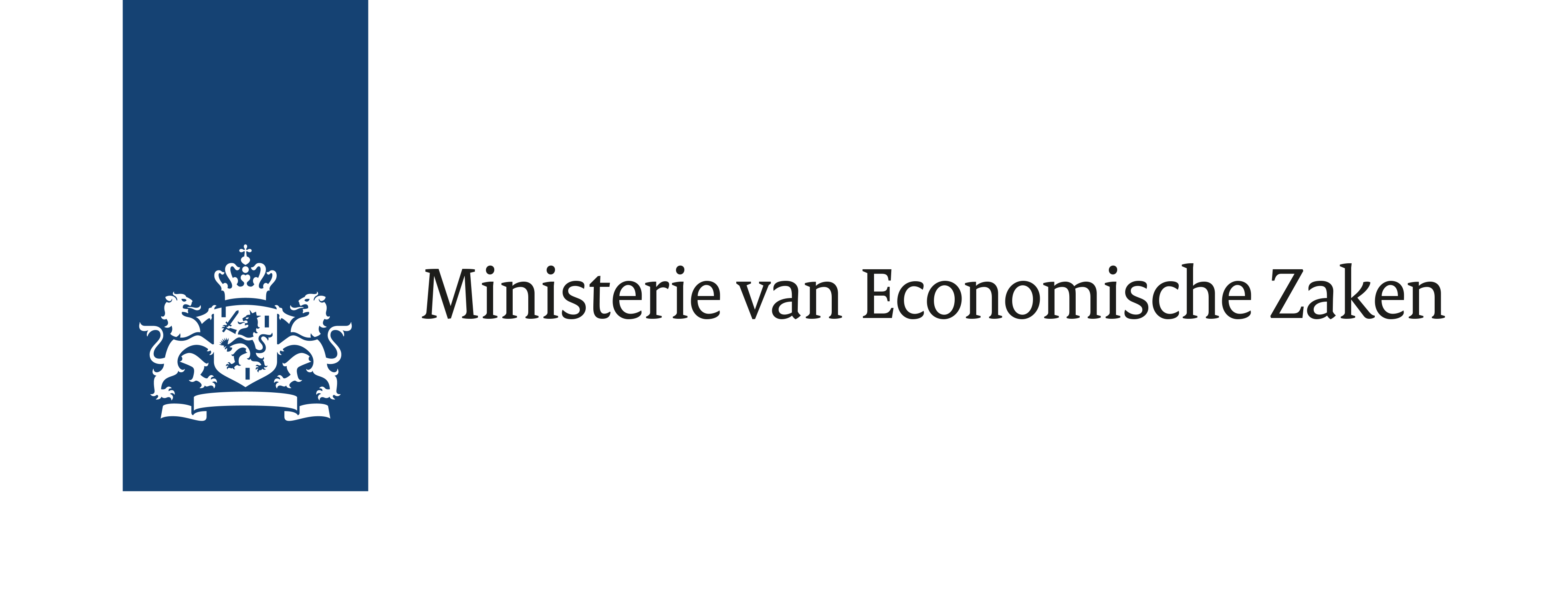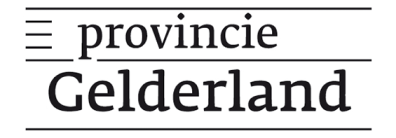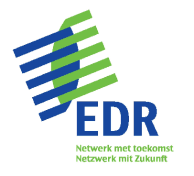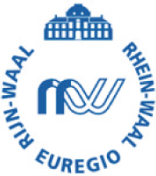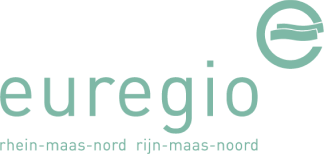Project GRaiNNOVATE Officially Launched
The GRaiNNOVATE project, funded by Interreg Deutschland-Nederland, officially started at the end of 2024 to develop a more efficient way of measuring grain quality. The goal of the project is to create a sustainable and precise method for the rapid assessment of grain quality, simplifying the procedure and significantly reducing the time required. In doing so, the project aims to address existing issues such as time-consuming quality controls and staff shortages, ultimately reducing resource waste within the grain and flour supply chain.
To achieve this, the project partners are working across borders to develop the SMS4Grain device (Smart Multi-sensor System for Grain). This device combines spectroscopic methods, biophotonics, and AI to quickly determine quality parameters such as falling number, protein and gluten content, and moisture. The SMS4Grain device offers the capability to combine multiple measurements and deliver results within minutes.
The GRaiNNOVATE project brings together various SMEs and research institutions from the cross-border region to realize the project goals. The project is led by the Dutch lead partner Meluna Research B.V., based in Gelderland. Participating companies on the German side include Aspectus GmbH, Plange GmbH, and Rheinland Technologie GmbH – all located in North Rhine-Westphalia. The Eindhoven University of Technology in North Brabant is also involved as a research institution. The consortium is supported by nine other associated partners.
The project began in early November 2024 and will run until the end of April 2027. During this period, the total project budget is €1,914,453.10. The project partners will contribute €826,665.91, while funding from the Interreg VI programme amounts to €1,087,787.19. This funding is co-financed by the Dutch Ministry of Economic Affairs, the Ministry for Economic Affairs, Industry, Climate Protection and Energy of the State of North Rhine-Westphalia, and the provinces of Gelderland and North Brabant.

